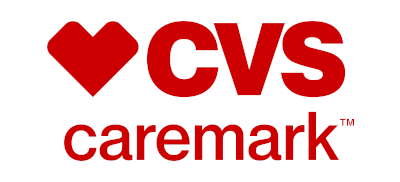Less for Less: CVS drops Zepbound for Wegovy
CVS Health drops coverage of the more effective Tirzepatide (Zepbound) for Semaglutide (Ozempic, Wegovy) and Liraglutide (Saxenda).

CVS Health is the closest pharmacy for many people in the US, and they have been one of the main points by which GLP1 Receptor Agonists can be accessed – a trusted name in the retail pharmaceutical business.
Check out our quick explainer
Disappointingly, CVS Health has dropped the more effective Zepbound (Tirzepatide) for less effective Wegovy (Semaglutide) and Saxenda (Liraglutide).

The Associated Press article puts it charitably (a "coverage challenge"), but this seems like an absolute step away from the simple goal of effective patient care.
To be fair, they made this decision before the results of the SURMOUNT-5 trial which was a direct head to head comparison between Tirzepatide and Semaglutide. Check out the links below...
The rest of this article is no longer available for free – if you'd like to read the rest of our analysis, check us out on Substack:





